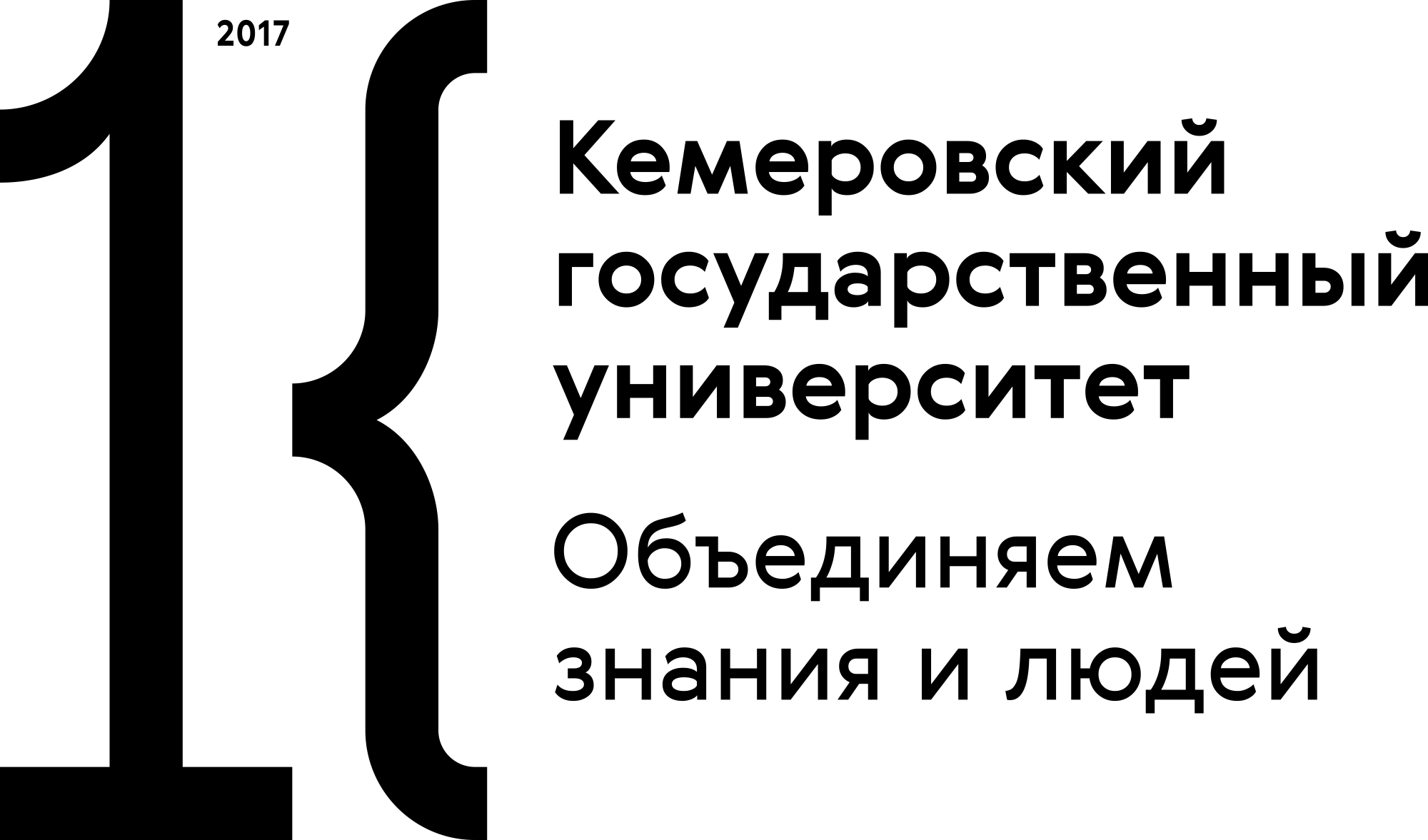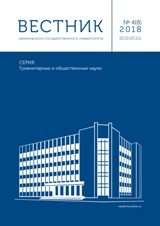Supreme Court of the Republic of Tatarstan
Kazan', Russian Federation
The article is devoted to the analysis of the value of motivation of court decisions in the criminal process. The author concludes that motivation largely determines the quality of the judicial decision, makes it understandable for society, promotes the transparency of justice; motivation in making decisions is an indispensable condition for a fair trial and, in the end, contributes to a respectful attitude to the authority of the judiciary. The decision on a particular case should presuppose a logically and structurally verified act containing a full analysis of the legal positions of the parties and an assessment of evidence. A motivated judicial act is considered by the author as one of the constituent parts of the standard of justice. In support of the arguments, the author analyzed a number of decisions of the European Court of Human Rights. The trial should make the convict a better person, and this goal should be achieved through a reasoned presentation of the position occupied by the court in a particular criminal case, as well as by the general prevention of offenses. In addition, qualitatively motivated judicial acts contribute to the formation of legal certainty and, in particular, to the uniformity of the practice of the legal norm.
justification, evidence, conviction, motivation, the court
1. Zagorskii G. I. Postanovlenie prigovora [Decision of sentence]. Moscow: Prospect, 208.
2. Tuzov N. A. Motivirovanie i preiuditsiia sudebnykh aktov [Motivation and prejudice of judicial acts]. Moscow: Rossiiskaia akademiia pravosudiia, 2006, 152.
3. Liupinskaia P. A. Resheniia v ugolovnom sudoproizvodstve. Ikh vidy, soderzhanie i formy [Decisions in criminal proceedings. Their types, contents, and forms]. Moscow: Iurid. lit., 1976, 168.
4. Ponomarenko V. A. Motivirovannost' sudebnogo resheniia v grazhdanskom i arbitrazhnom protsesse. Avtoref. diss. kand. iurid. nauk [Motivation of judgment in civil and arbitration procedure. Cand. Jurispr. Sci. Diss. Abstr.]. Moscow, 2007, 24.
5. Kozina T. V. Sudebnoe sledstvie i obosnovannost' prigovora. Avtoref. diss. kand. iurid. nauk [Judicial investigation and validity of the verdict. Cand. Jurispr. Sci. Diss. Abstr.]. Moscow, 1992, 23.
6. Muratova N. D. Pravovaia kul'tura protsessual'nykh resheniia [The legal culture of procedural decisions]. Vestnik Orenburgskogo gosudarstvennogo universiteta = Orenburg state university bulletin, no. 3 (2011): 106-111.
7. Kachalova O. V., Beliaev M. V. Verdict prisizhnykh zasedatelei i sotsial'nye zaprosy obshchestva [The jury verdict and social needs of society]. Vestnik Tomskogo gosudarstvennogo universiteta = Tomsk State University Journal, no. 416 (2017): 176-180. DOI:https://doi.org/10.17223/15617793/416/26
8. Shadarova A. N. Razvitie kontseptsii motivirovannosti sudebnykh reshenii v praktike Evropeyskogo Suda po pravam cheloveka [Development of the concept of motivation of judgments in the practice of the European Court of Human Rights]. Pretsedenty Evropeiskogo Suda po pravam cheloveka = Precedents of the European Court of Human Rights, no. 5 (2016): 3-8.
9. Poliakov S. B. Pravonarushitel' - organ sudebnoy vlasti? [Is the wrong-doer is an agent of judicial power?]. Rossiiskii sud'ia = Russian Judge, no. 9 (2010): 26-30.
10. Marochkin O. І. Motivuvannia protsesualʹnikh rishenʹ slidchogo [Motivation of the procedural solutions of the witness]. Kiiv: Natsіonalʹna akademіia prokuraturi Ukraini, 2015, 214.
11. Sultanov A. R. Motivirovannast' sudebnogo akta kak odna iz osnovnykh problem spravedlivogo pravosudiia [Motivation of the judicial act as one of the main problems of fair justice]. Zakon = The Law, no. 8 (2014): 114-118.
12. Vasyaev A. A., Knyazkin S. A. Motivirovannost’ sudebniykh reshenii - standart Evropeiskogo suda po pravam cheloveka [Motivation of court decisions is the standard of the European Court of Human Rights]. Advokat = Advocate, no. 6 (2013): 27-32.


















